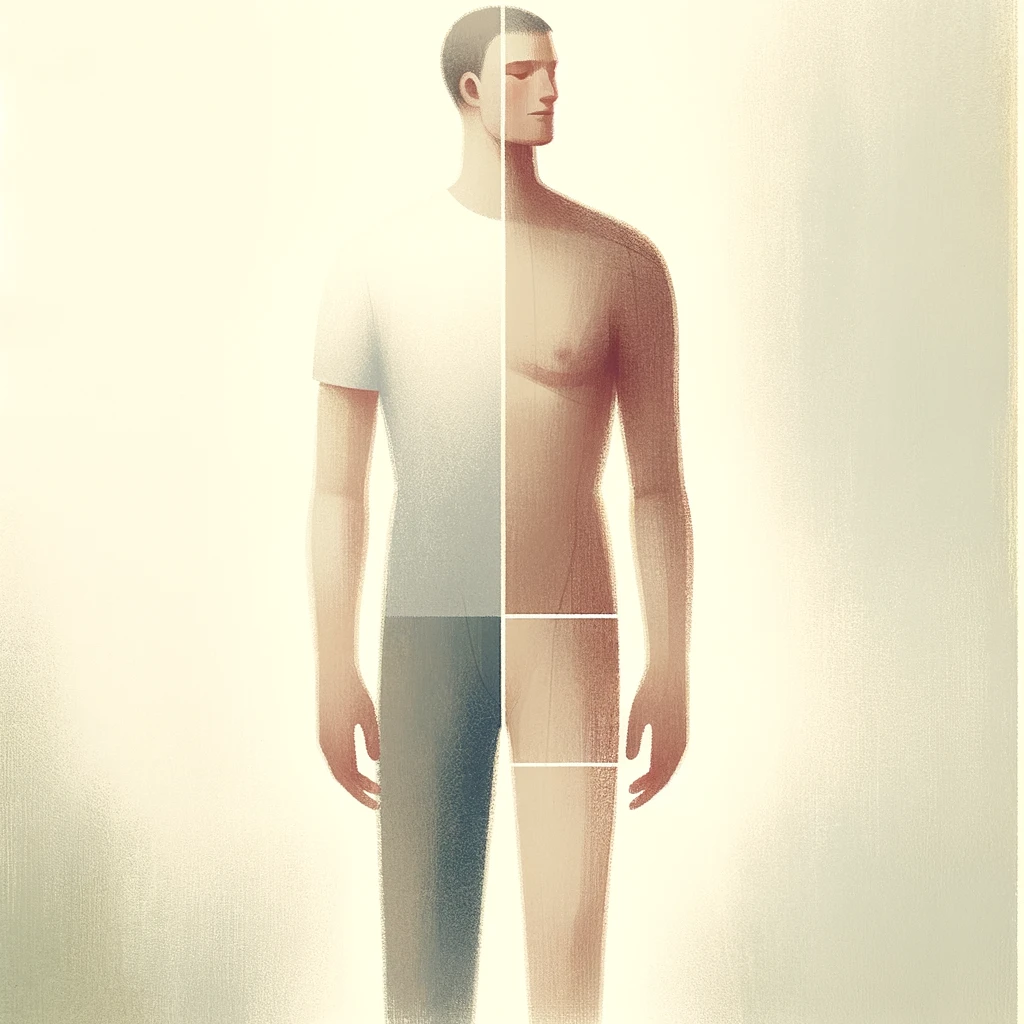Thyroxine - why T3 and T4 really matter

Your thyroid gland produces a hormone known as thyroxine, or T4. If you have ever wondered what it signifies and the manner in which it affects your body, let us find out.
Thyroxine is produced when you consume iodine. Iodine is transported through your bloodstream into your thyroid gland, where a protein known as thyroglobulin converts it into T4.
T4 is then released and converted into T3, the active form of thyroxine.
Once produced, it regulates metabolism, growth, and development, as well as the functioning of your heart and your nervous system. Let us examine each of these.
Thyroxine directly impacts energy consumption at the cellular level. It does this by increasing the oxygen consumption of the cells, which in turn increases the energy consumption.
It also impacts how your body uses fuel, especially the choice between fat and sugar. So if you are struggling to lose weight, one of the factors you should look at is your T3 and T4 levels.
A small caveat: look at your total consumption of food first.
Growth and development are obvious outcomes of the manner in which thyroxine regulates metabolism.
Thyroxine directly works with growth hormones to promote bone development and brain development, especially in children.
The manner in which your body uses protein to grow, repair, and develop is all affected by the regulation of thyroxine.
Finally, it affects neurological development. Development in this case implies the building of different neurological systems.
Your brain is born with approximately 100 billion neurons, which connect to each other via something known as synapses.
Thyroxine plays a role in the strength of these connections and in the chemicals released for communication between your neurons.
So it is critical that you neither have too much nor too little of this hormone. Which then begs the question: why would you have such a thing happen in the first place?
Over decades, if not more, your body was sent a signal that it needed to over- or under-produce this hormone. At the risk of sounding flippant, your body simply got used to this habit.

Reach out to me on twitter @rbawri Instagram @riteshbawriofficial and YouTube at www.youtube.com/breatheagain





